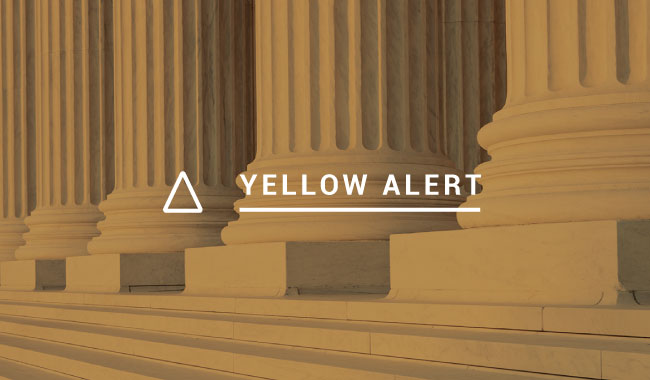On November 19, 2019, the House easily passed legislation that would extend the Terrorism Risk Insurance Act (TRIA) for seven years. The bill received resounding bipartisan support with a 385-22 vote. The Senate Banking Committee is expected to mark up the bill later this week. (Update: The Senate Banking Committee voice-voted the bill out on November 25, and now the bill is onto the Senate floor.)
Click here for the joint trades letter we sent supporting the bill.
TRIA was initially passed in 2002 following the September 11 terrorist attacks, and it is set to expire on December 31, 2020. Congressional passage of TRIA in 2002 created a federal backstop for terrorism insurance and reignited much-needed economic growth. Congress has since reauthorized the Act in 2005, 2007 and 2015. Without the backstop that TRIA provides, the private insurance market would simply be unable to provide adequate levels of terrorism risk insurance.
This legislation requires the U.S. Comptroller General to submit a report to lawmakers on cyber terrorism risks. The study would include vulnerabilities and potential costs of cyber attacks in public and private infrastructure that could result in physical or digital damage, as well as whether the current risk-share system is appropriate for a cyber-terrorism event, among other things.
We will keep you posted on further developments.
Please contact Joel Wood at [email protected], Joel Kopperud at [email protected] or Blaire Bartlett at [email protected] with any questions.




